Reciprocating Saws
A reciprocating saw is a versatile and powerful tool, essential for both tradespeople and homeowners tackling a variety of cutting tasks. Known for its back-and-forth cutting motion, this tool excels in demolition, remodelling, and even precision work. Brands like DeWalt, Makita, and Milwaukee offer high-quality reciprocating saws, each bringing unique features to the table. DeWalt's models are celebrated for their robust construction and reliability, making them a favourite among professionals. Makita reciprocating saws stand out for their ergonomic design and ease of use, suitable for extended projects. Meanwhile, Milwaukee's offerings are renowned for their innovative technology and cutting efficiency, providing unmatched power in challenging environments. With the right blade, a reciprocating saw can cut through wood, metal, and even ceramic, making it a go-to solution for a range of materials. Its adjustable speed and stroke length offer control and adaptability, catering to various cutting needs. This tool is not just about power; it’s about precision and versatility. The right reciprocating saw can transform how you approach cutting tasks, elevating your project's quality and efficiency.
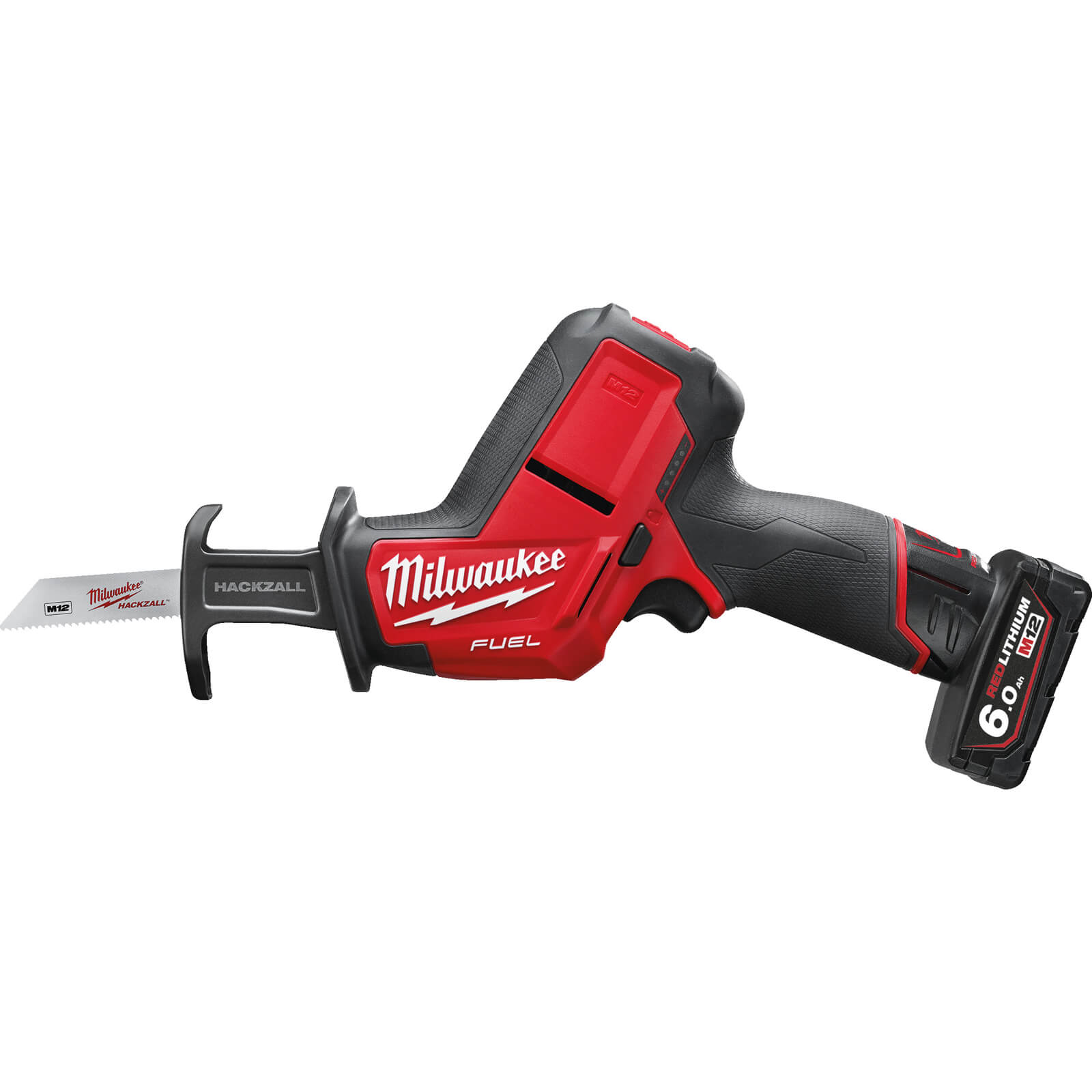
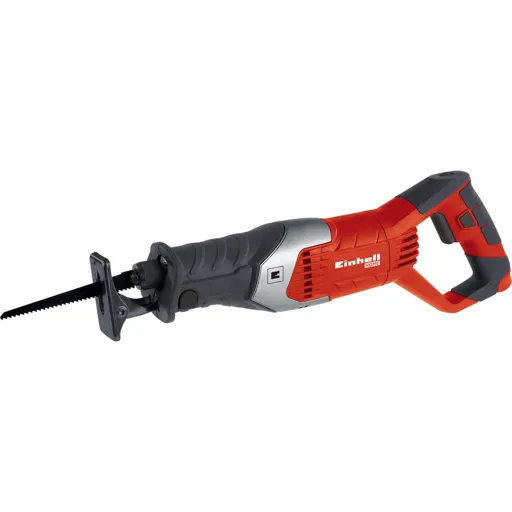
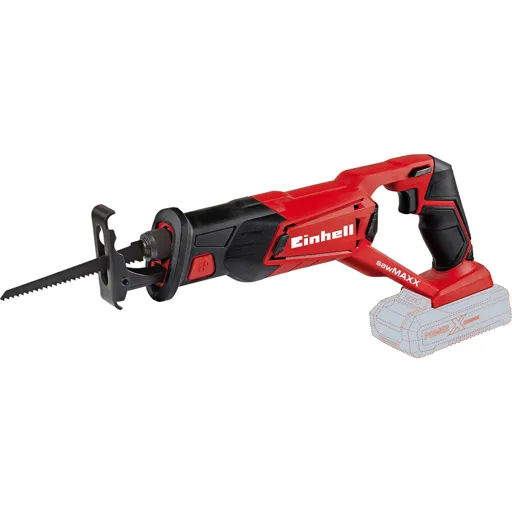

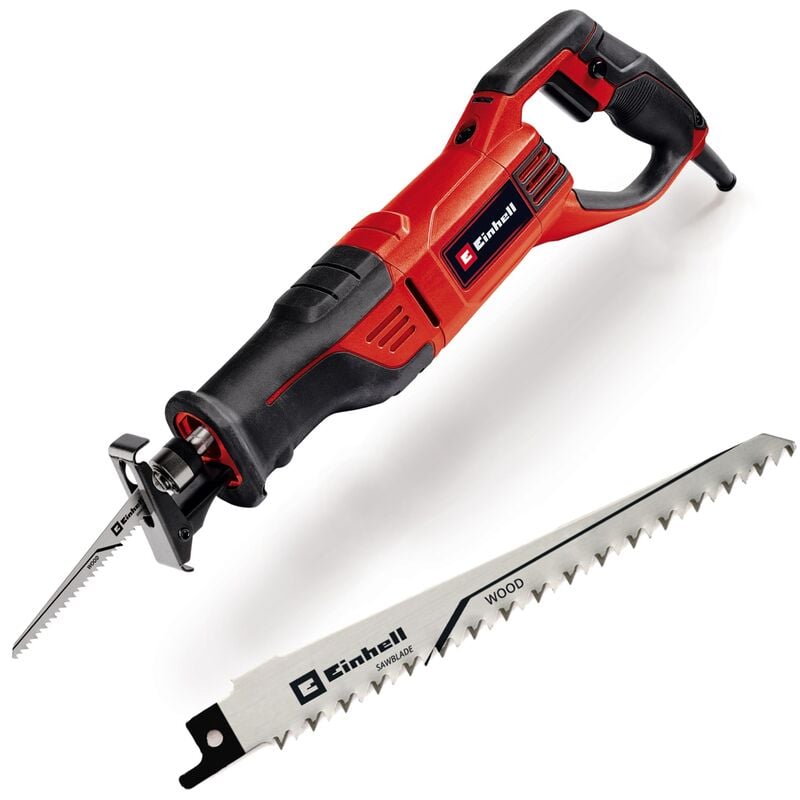
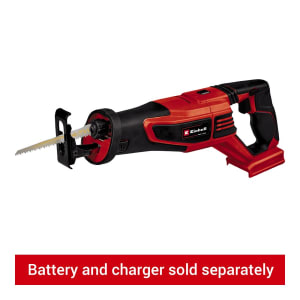
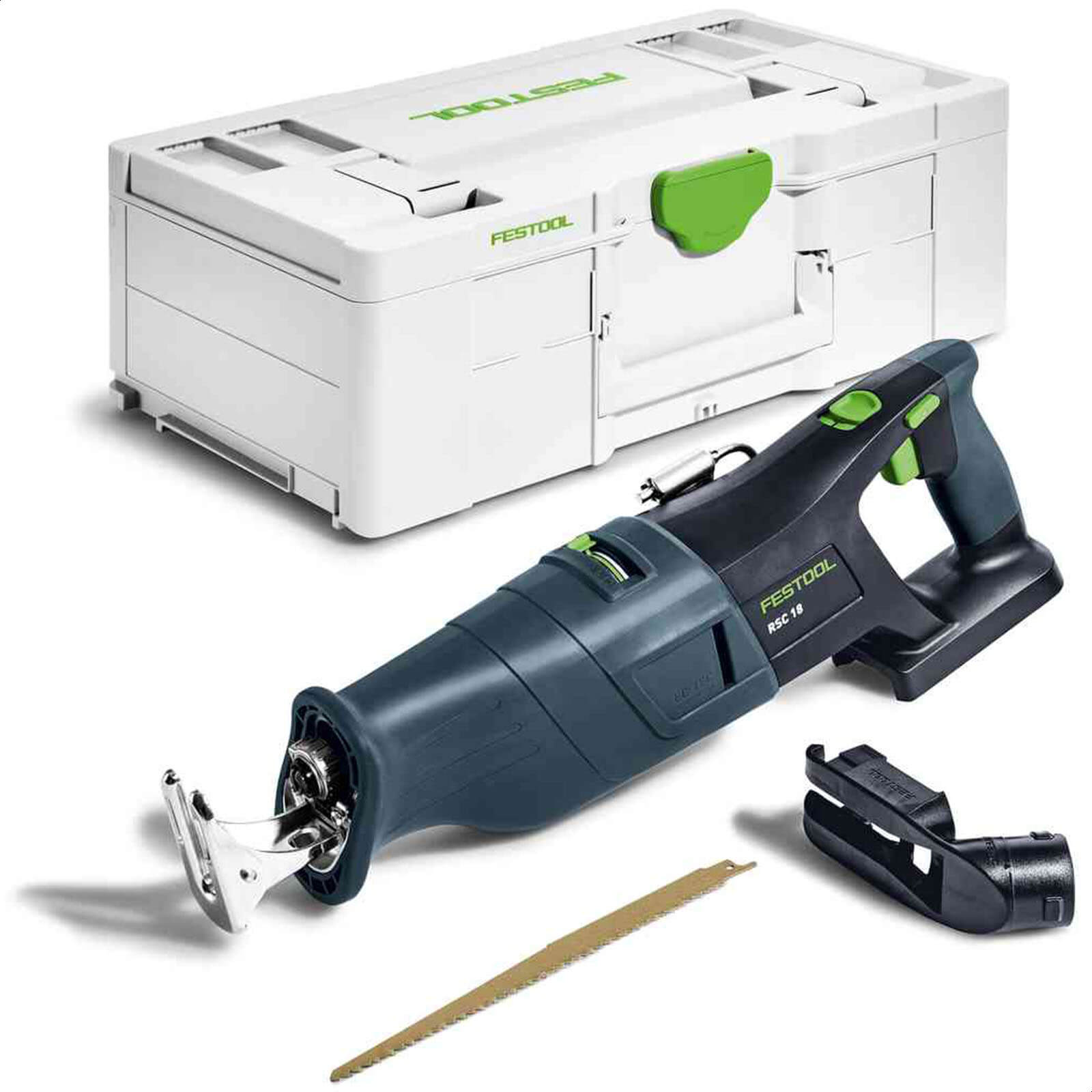
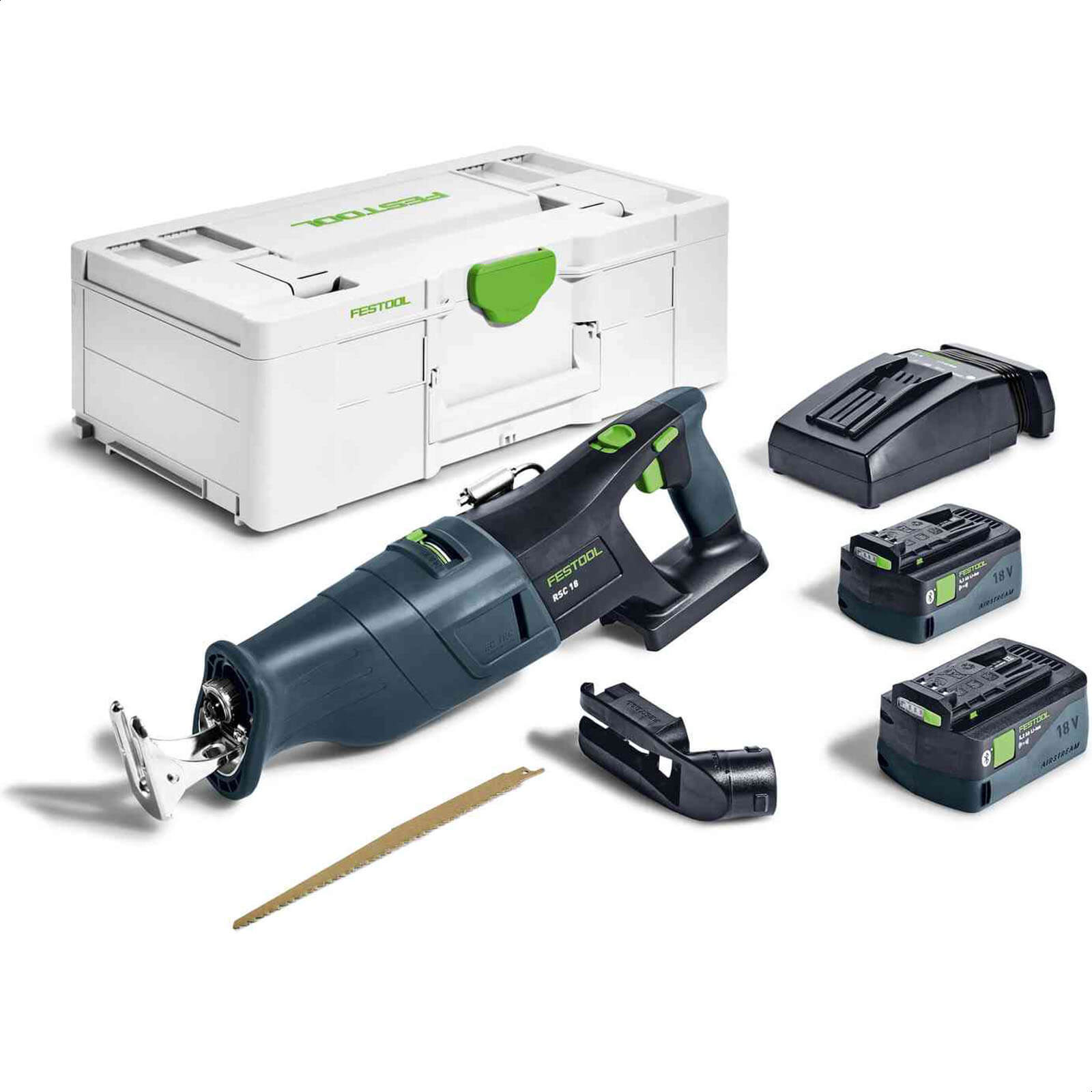
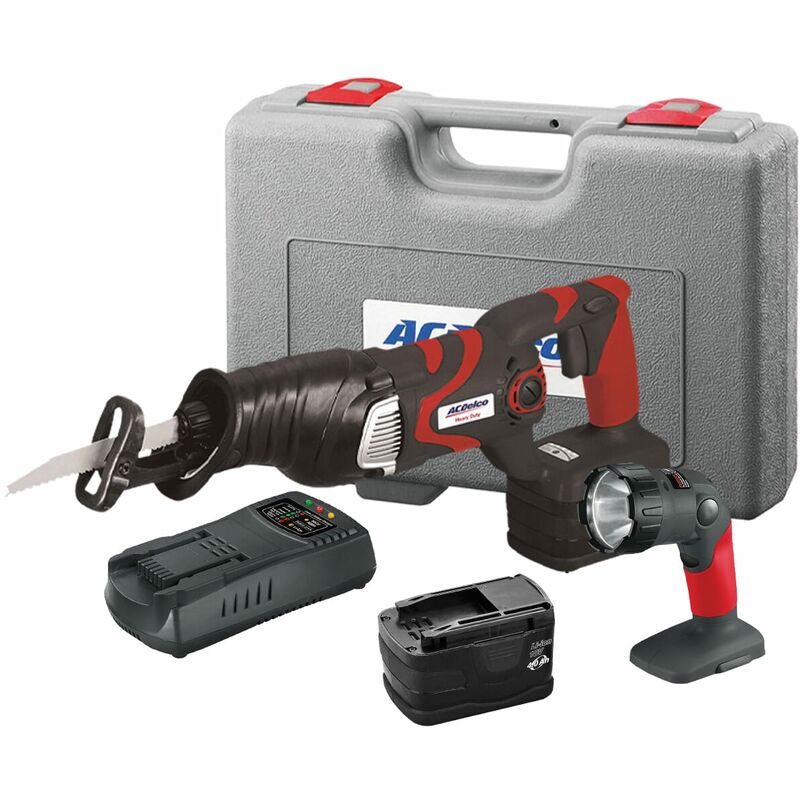

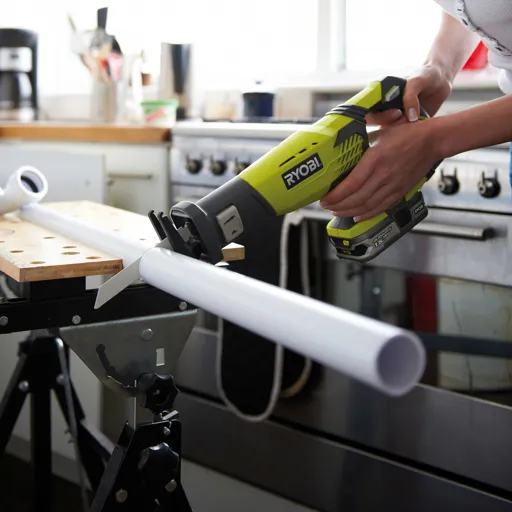
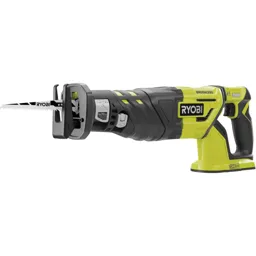
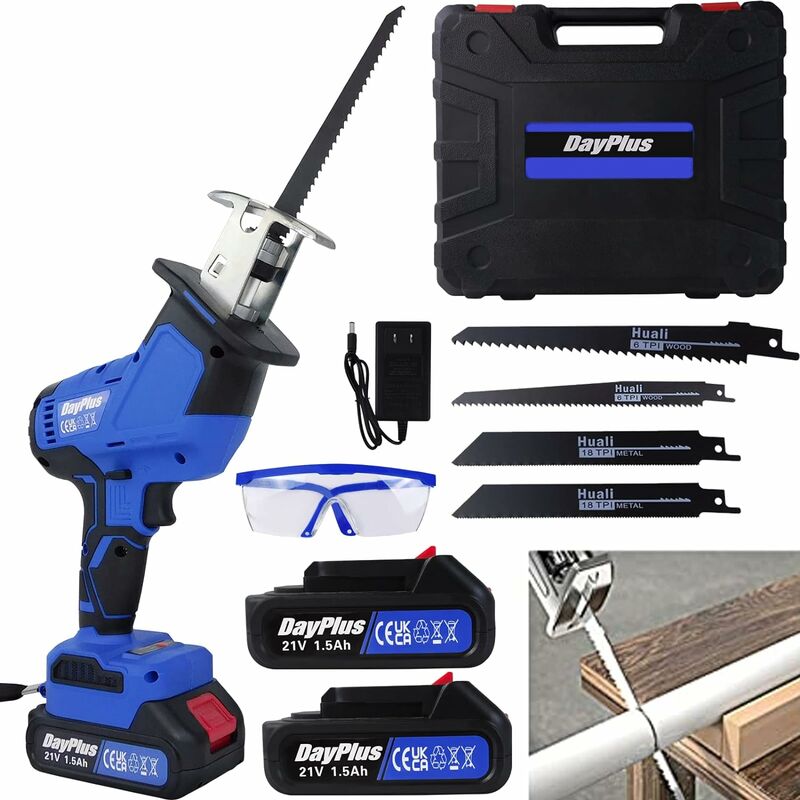
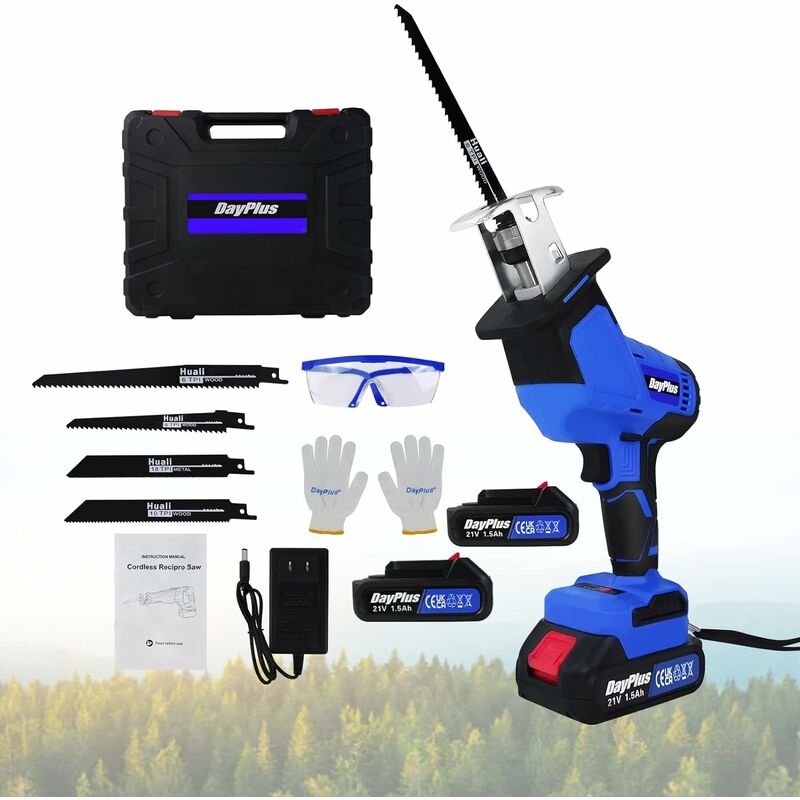
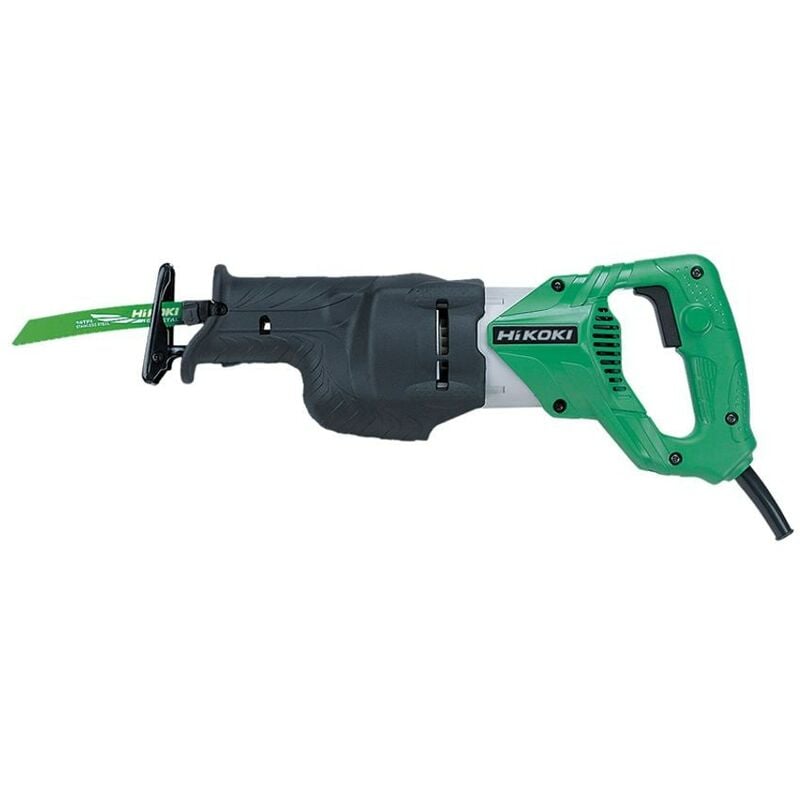






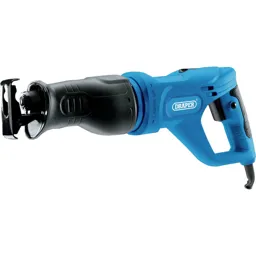

What to consider before you buy a reciprocating saw?
When selecting a reciprocating saw, a versatile and powerful tool for cutting through a variety of materials, it's essential to choose one that suits your specific needs. Reciprocating saws are favoured for their ability to perform demanding cutting tasks quickly and efficiently, making them a staple in construction, demolition, and renovation projects.
Leading brands like DeWalt, Makita, and Milwaukee offer reciprocating saws with distinctive features. A DeWalt reciprocating saw is often renowned for its durability and high power, suitable for heavy-duty cutting tasks. Makita reciprocating saws are known for their balance of power and ergonomic design, providing comfort and efficiency. Milwaukee reciprocating saws stand out for their innovative features and robust construction, offering excellent performance in demanding situations.
In comparison to a jigsaw, which is used for more intricate and detailed cutting, especially in woodworking, a reciprocating saw is designed for more rugged use, such as cutting through wood with nails, metal, and PVC. Its push-and-pull motion allows for quick, rough cuts.
Key considerations when choosing a reciprocating saw include the power output, the stroke length of the blade, and the types of blades the saw can accommodate. Features like variable speed control, easy blade changing mechanisms, and vibration reduction also enhance the tool's functionality and user comfort.
In summary, selecting the right reciprocating saw, be it a DeWalt, Makita, or Milwaukee model, involves considering the tool's power, blade compatibility, ease of use, and additional features that enhance performance. While a jigsaw is suited for detailed work, a reciprocating saw offers the robustness and versatility needed for more heavy-duty cutting tasks.